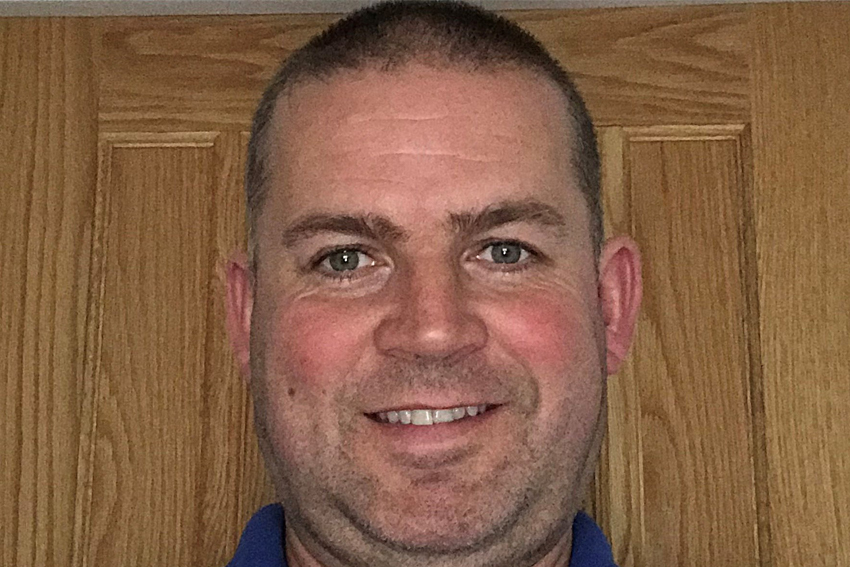Spare a thought for poor Mario who was stripped of his most important role: plumber. Yes, it’s true. A profile on Nintendo’s Japanese website revealed the moustachioed maestro of gaming no longer has his day job.
“All around sporty, whether it’s tennis or baseball, soccer or car racing, he does everything cool,” it said. “As a matter of fact, he also seems to have worked as a plumber…a long time ago.”
Sadly, Nintendo missed the fact that wielding a toilet plunger is far more beneficial to the world than kart racing.
In fact, the importance of professional plumbers can never be underestimated.
Just ask anyone who’s ever tried fixing a leaky tap or, heaven forbid, attempted to fit a sunken bath.
More often than not, such DIY endeavours end up not with a Jacuzzi and a bottle of bubbly but a flooded house and months of insurance claims.
Put simply: if any project involves water, it pays to call in a professional.
And that might mean calling Tom Plumb, aka Thomas Lee.
“I got into plumbing pretty much by accident really,” says Thomas. “When I lived in Coventry a friend of mine landed a five-year contract with a housing association and asked if I wanted to join the team. He sent me off on courses, but it was mostly on-the-job training, which meant working alongside experienced plumbing and heating engineers. The work involved all sorts of plumbing and maintenance and we covered about 500 houses.”
Being a professional plumber means understanding the fundamentals of maths and science, while also having a head for heights and being able to stay cool in cramped conditions (working in lofts or under floors is often just part of the job).
Plumbing work was certainly a far cry from Thomas’s first role on leaving school when he became a sign maker and fitter for a small family business – but that experience proved invaluable in plumbing.
“I became manager of the business after five years there but the downside was I became office-based. Although I didn’t get into plumbing until my late twenties, I think having had a job that involved using my hands and thinking on my feet helped me to pick things up more quickly. “
Thomas moved from Coventry to Campbeltown 11 years ago to enjoy a slower pace of life.
“I have a seven-year-old son called Archie who likes to come and help me on jobs whenever he can. I have been self-employed for nine years now – operating under the name Tom Plumb – and I’m currently working on a number of different jobs. One involves all of the plumbing and heating for a complete house renovation and another is installing a new oil-fired heating system and bathroom.”
This sheer diversity of work on offer demonstrates perfectly that in the world of plumbing there’s no such thing as a typical working day.
“One of the best things is that every day is different,” says Thomas. “I would hate a job doing the same thing all of the time.
“Every job brings its own rewards – I get great satisfaction out of getting someone’s home heating up and running again but you can see the smile on the customer’s face even when I do something simple like stopping a tap from dripping.”
Before they get their hands on anything more complex than a tap, most plumbers begin their career with an apprenticeship and are expected to finish a range of vocational qualifications as part of their training. If working as a heating specialist is also an ambition, appropriate certification is necessary in order to work with gas appliances.
Against this backdrop, the plumbing industry certainly holds diverse career paths and even opportunities to one day run your own business.
Thomas points out: “You can go to college for as many courses as you want but there is definitely no better training than actually working on the job. You will face so many more challenges than can be set up in a classroom environment.
“Training is an essential part of any trade, of course, but being on the tools in the workplace is invaluable in getting experience.
“The good thing about plumbing and heating is that it’s so flexible as to what you can choose to do or specialise in. I’ve done several training programmes for the work I want to do and recently completed three courses at college.”
Many courses must be repeated at intervals, such as Vented & Unvented Hot Water Storage Systems and Legionella Risk Assessment & Water Disinfection.
Away from the world of academia, however, the best career advice Thomas has ever been given was from an older tradesperson.
“He asked me if I had grand ideas of expanding and having a fleet of vans. I said I was happy working on my own. He said: ‘Quite right! Fly low and you’ll fly longer!’
“I’d advise anyone who wants to get into this industry to try to stay ahead of the game. Although I’m qualified to carry out work on oil boilers, it’s classed as a ‘dirty fuel’. The government will probably ban the use of oil in the future. Anyone getting into the trade now should look at ground source or air source heating or even solar… that’s the future for heating.
“My Dad used to say to me it was important to get a trade as it would virtually be a job for life. He was right!”
Has meeting today’s expert made you think about a future in plumbing? Then why not take a look at the current vacancies and apprenticeships on [site_name]?
